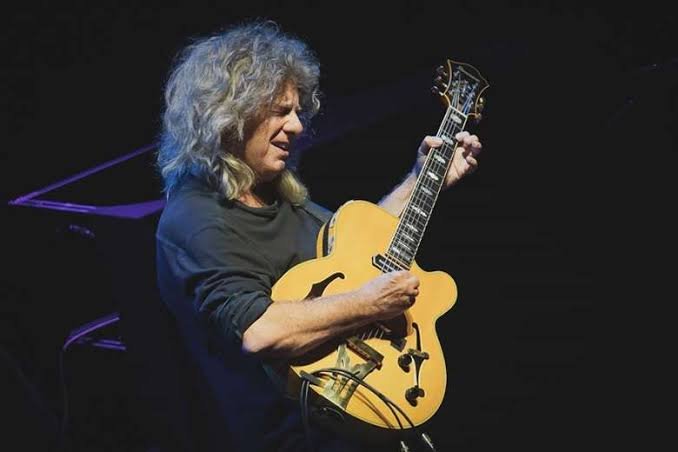
In a recent interview, legendary guitarist Pat Metheny delved into the guitar’s unique role in modern music, highlighting what sets it apart from other instruments. Metheny, a multi-Grammy Award-winning musician renowned for his innovative contributions to jazz and contemporary music, shared his insights on how the guitar has evolved and its continuing impact on the musical landscape.
Metheny began by acknowledging the guitar’s versatility and accessibility, which have contributed to its enduring popularity. “The guitar is an instrument that has a universal appeal,” he stated. “It’s relatively inexpensive, portable, and easy to start with, which has made it the instrument of choice for millions of people around the world.”
One of the key points Metheny emphasized is the guitar’s adaptability across various genres. “From classical to rock, jazz to flamenco, and even in electronic music, the guitar has found its place,” he explained. “Its ability to be both a solo and an accompanying instrument makes it incredibly versatile. The range of sounds you can get from a guitar is unmatched by any other instrument.”
Metheny also discussed the physical interaction between the musician and the guitar, describing it as a deeply personal experience. “The tactile nature of playing the guitar is something very special. Each player can develop a unique touch and sound, which is not as pronounced in other instruments. The connection between the fingers and the strings allows for a wide array of expressive techniques.”
Furthermore, Metheny highlighted the guitar’s role in the development of new music technologies. “The electric guitar, in particular, has been at the forefront of technological advancements in music. From the invention of the electric guitar in the 1930s to the development of guitar synthesizers and digital effects, the guitar has always pushed the boundaries of what is possible in music.”
He also pointed out the cultural significance of the guitar, especially in the context of popular music. “The guitar has been a symbol of rebellion, creativity, and individuality, especially in the 20th century. Icons like Jimi Hendrix, Eric Clapton, and more recently, artists like John Mayer, have used the guitar to express their unique voices and connect with audiences in a profound way.”
Metheny shared his thoughts on the future of the guitar in modern music. “I believe the guitar will continue to evolve and remain relevant. With the advent of new technologies, there are endless possibilities for what can be achieved with the instrument. Young guitarists today are exploring new techniques and styles, blending genres, and creating innovative music that pushes the boundaries.”
In conclusion, Pat Metheny’s reflections on the guitar’s role in modern music underscore its unique position as a versatile, expressive, and culturally significant instrument. His insights reveal not only the technical and artistic qualities that set the guitar apart but also its continuing influence on musicians and audiences alike. As Metheny aptly put it, “The guitar is more than just an instrument; it’s a powerful tool for personal expression and a gateway to endless musical possibilities.”


